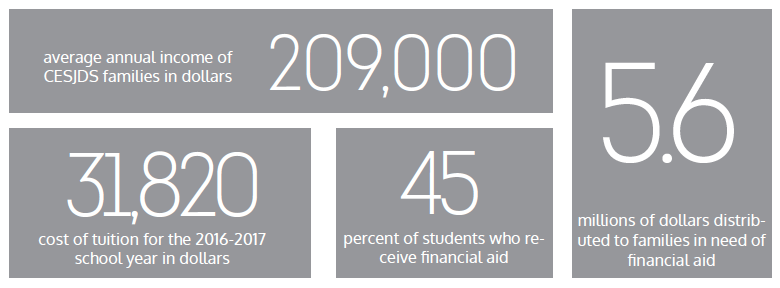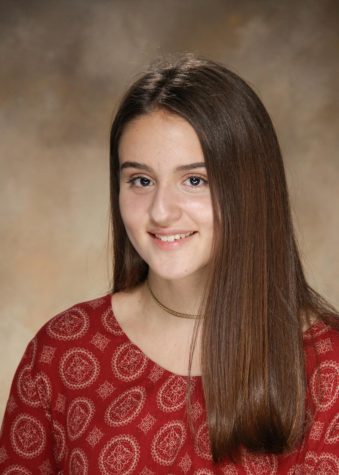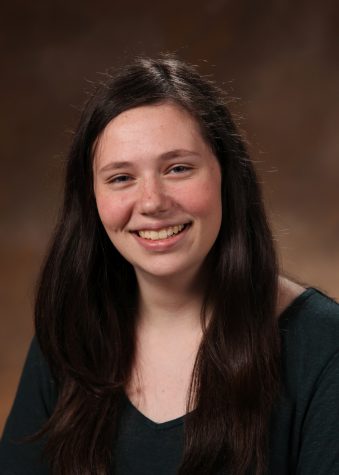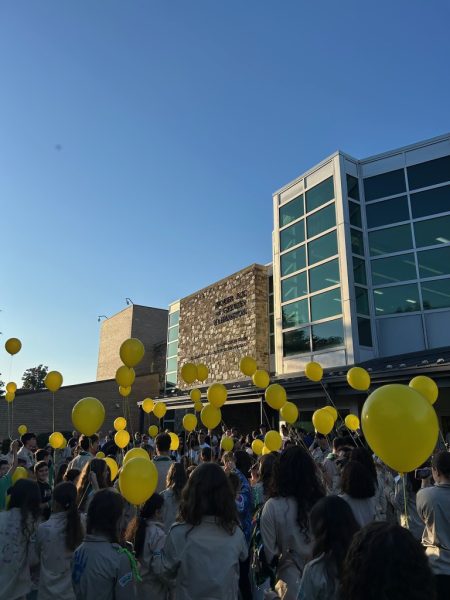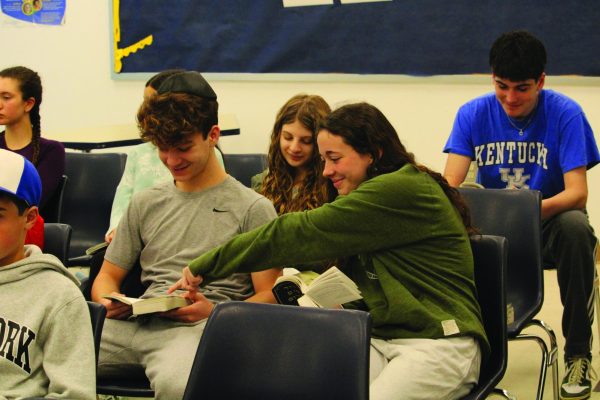The price of a Jewish education
Administration works to make tuition affordable for all
Private school tuition is expensive, and to mitigate the cost for those who need it, 45 percent of students at CESJDS receive tuition assistance.
For the 2016-2017 school year, Upper School tuition is $31,820. To help families cover that cost, the school distributed $5.6 million of financial assistance.
According to Head of School Rabbi Mitchel Malkus, there is a wide economic range of families who send their children to the school: those who cannot afford the full cost of tuition, those who can afford it and those who both pay tuition as well as donate to the school.
In order to apply for aid, families must fill out an online application disclosing their income and family size. For new JDS families, in addition to this application there is also the option to meet with the school’s business office to discuss their family’s circumstances. A third party analyzes and verifies this information to determine the aid provided. A family can appeal to the school if it thinks that its needs were understated, and the school will consider if it can offer more aid.
When applicants fill out their forms, the school guarantees confidentiality. According to Malkus, no teachers or administrators are aware of who is on financial aid.
“Part of keeping it confidential is that there is no reason for [the educators] to know,” Malkus said. “It is best practice that education is taken as education, and these business matters are taken care of separately.”
Over the past five years, JDS tuition has increased by an average of 3.9 percent annually. According to Chief Financial Officer Julia Hoover, the main determinant of the cost of tuition is faculty compensation. In order to account for inflation and the rising cost of living, faculty salaries must increase, so tuition must go up as well.
Despite the continuous rise in price every year, the cost of running the school is not fully covered by tuition fees, according to Malkus. To fill this gap, the school raises money within the local Jewish community every year.
In honor of its 50th anniversary, JDS is currently running the “Building Our Future” endowment campaign, which will end in February. The money raised from the endowment is spread into three areas: Jewish life and community, academic excellence, and accessibility. Malkus said that when he meets with donors to discuss which facet of the school they are interested in funding, a large portion say financial aid.
Another source of school funding is the Jewish Federation of Greater Washington. The Federation collects community donations, and then distributes money to its various partners. Jewish day schools in the area receive the largest local allocation, according to Marci Harris-Blumenthal, the Federation’s Senior Director for Community and Global Impact. The amount of money each Jewish day school receives is determined by the size of the school’s student population, and since JDS has the largest student body in the area, it received the largest portion of the $1.35 million allotment for the 2016-2017 school year.
“[Jewish day schools] create a cycle of having more Jewish leadership, more people who have a higher level of Jewish engagement, Jewish knowledge and it builds a stronger Jewish community,” Harris-Blumenthal said. “So it’s not only good for the students and families in the day schools, but it’s good for the whole community.”
For Carly,* who has been on financial aid at JDS since kindergarten, it was this sense of community that she could not imagine leaving. Before her freshman year at JDS, her parents considered a switch to public school for financial reasons, but Carly was reluctant to leave JDS. Strong teacher-student relationships and a chance to learn Judaism are just some of the several reasons Carly could not picture herself anywhere else.
“[My parents] understood how much I loved it and how much it meant to me, so they made the effort to keep me in JDS,” Carly said.
Carly noted that her family has always been strategic while managing finances, enabling them to never “fall short” when it comes time to pay their tuition fee every month. According to Malkus, the school tries its best to award assistance, but families must make decisions about how much money they are willing to contribute to a Jewish education. To this effect, Hoover said that only five of the 63 families who unenrolled students for this school year did so for financial reasons.
Another lesson Carly’s parents have instilled in her is to always be mindful of the money she spends, a situation which Malkus faces regularly as well. As head of school, Malkus has competing interests in wanting to make Jewish day school education available to everyone, but also being obligated to thoughtfully manage the budget.
“I feel that I have been entrusted with this wonderful gem which is the Charles E. Smith Jewish Day School that’s been around for 51 years now,” Malkus said. “I have to make sure that at whatever point I leave the school, that there is a wonderful school that is sustainable and that will be here in another 50 years.”
*Name has been changed to respect the student’s privacy.
